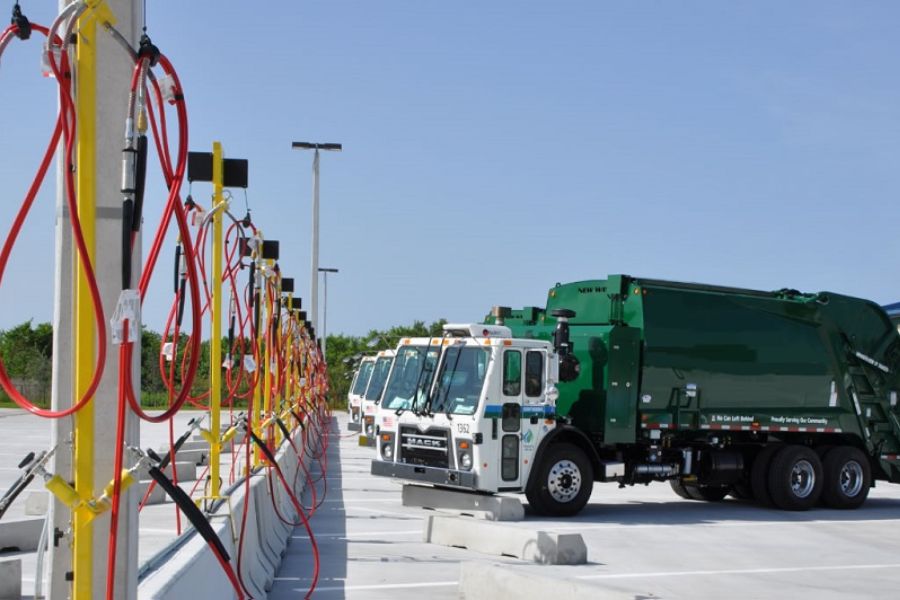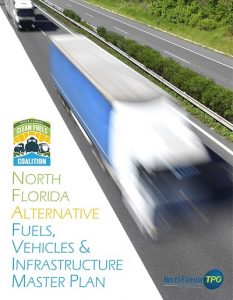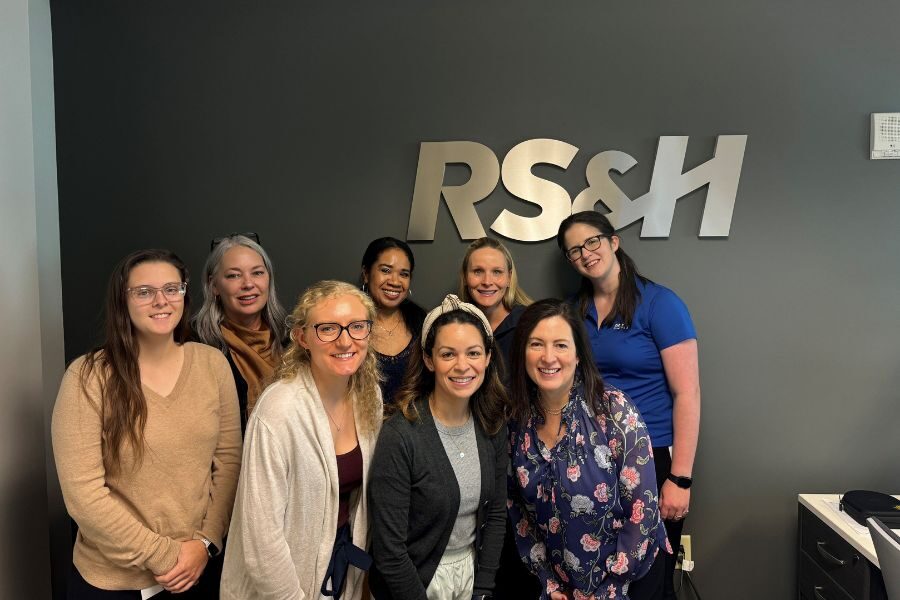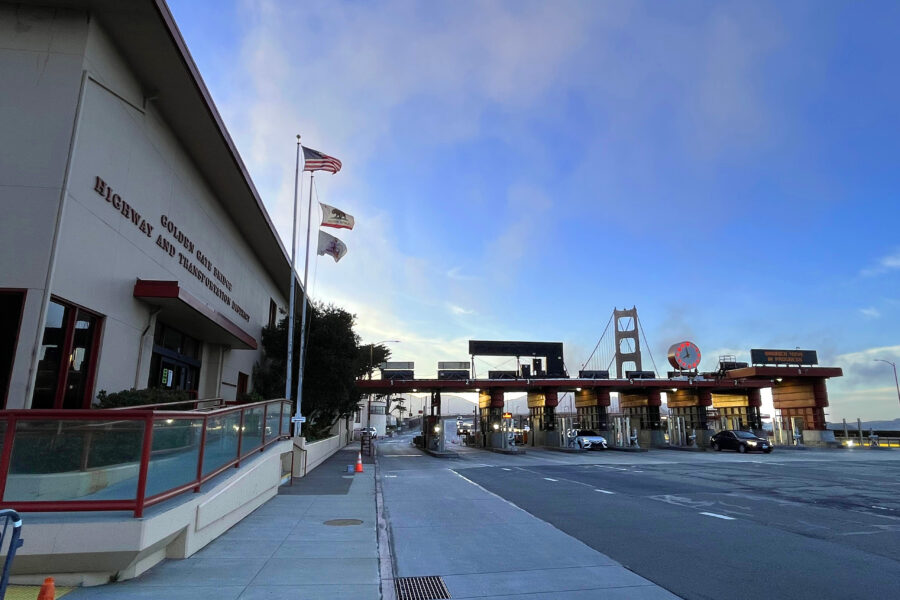Fueling Good: Leading in Alternative Fuels, Vehicles & Infrastructure

As the US emerges from the Great Recession, alternative fuels present an opportunity to protect the environment and improve public health, while driving job creation and delivering economic growth. Though petroleum-based fuels will continue to dominate supply in the near future, alternative fuel use is projected to grow at near-exponential rates over the next 30 years. And RS&H continues to track this market trend, helping our clients benefit from the growth of alternative fuels.
Highlighted by an abundance of domestic natural gas and accelerating commercialization of electric drivetrains, alternative fuels are enhancing the bottom-line of organizations across the county. RS&H is helping several organizations identify sustainable solutions through alternative fuels and infrastructure, including the North Florida Transportation Planning Organization (TPO), the Jacksonville Transportation Authority (JTA), the US Veterans Administration (VA), and several others.

To complete the plan, we compiled a baseline and forecast of alternative fuel trends both nationally and in the North Florida region. Working with stakeholders from both the supply and demand sides, we helped the TPO identify barriers, set goals, develop strategies, and establish fundable projects (a few of which are detailed below) to accelerate the adoption of ethanol, biodiesel, hydrogen, natural gas, and propane in the six county region.
Several of the projects are now proceeding and are expected to increase the region’s use of alternative fuels. Based on existing and proposed projects alone, this rate of increase is projected to be greater than 20% annually over the next few years, saving fleets millions of dollars and opening up new business opportunities to the region’s freight logistics sector, among others.
Based on our planning experience, we’ve found that each alternative fuel has a distinct business case, which can be applied successfully to a variety of organizations. For example:
- Natural gas can yield healthy returns on investment for large fleets comprised of heavy-duty diesel vehicles. Stemming from the North Florida TPO master plan, the JTA is converting its fleet of transit buses to operate on compressed natural gas (CNG). Our team has completed due diligence services and a design criteria package for natural gas compression and storage infrastructure, fueling bays, modified bus maintenance facilities, CNG-ready buses, and a publicly accessible CNG fueling station. Working closely with JTA, we developed procurement documents that have enabled the agency to make these improvements through an innovative public-private partnership (P3). The P3 allows JTA to make the switch to natural gas at no upfront cost in exchange for a long-term lease and fuel concession agreement. Over the life of the agreement, JTA will save millions of dollars in diesel fuel expenditures.
- Electric vehicle technology is changing rapidly and is well suited for individuals or fleets of passenger vehicles. Partnering with the Jacksonville Electric Authority and the North Florida TPO, we are helping to develop the region’s electric vehicle charging infrastructure. Planners utilized geographic information systems (GIS) to analyze optimal locations for vehicle charges within the electric utility’s service territory. The analysis has been incorporated to an incentive program administered by the municipal utility. The program will provide funding for local businesses interested in providing charging infrastructure to their employees as an amenity. The program builds off of a design we completed with the City of Jacksonville to install electric vehicle charging stations in a publicly accessible parking facility.
- Ethanol sourced from food and non-food crops also presents opportunities. The VA is helping prepare for wider use of this domestic source of fuel by building 85% ethanol / 15% gasoline (E85) stations throughout its network of health care facilities. RS&H is designing one of these stations at the West Palm Beach VA in Florida.
Businesses, municipalities, transit authorities, airports, private fleets, and federal agencies all stand to benefit from alternative fuels. As a result of ongoing relationships with several organizations in North Florida, RS&H is helping organizations reach their economic, social, and environmental goals.




